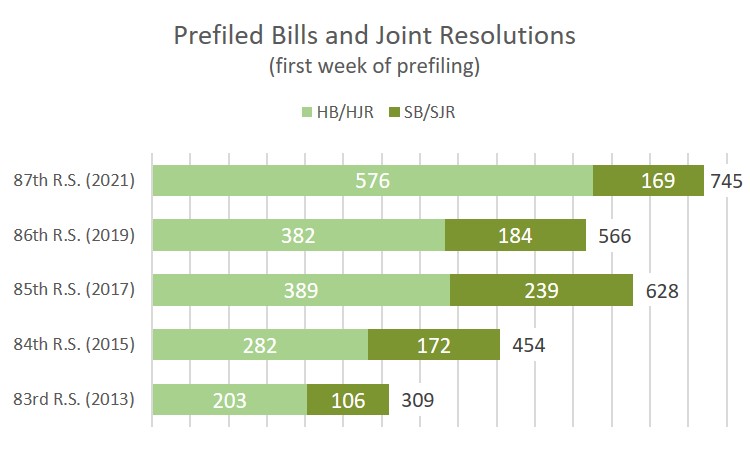In this weekly post, we feature helpful research tools and recent articles of interest to the legislative community.
- Explore occupational licensing policies by state. (National Conference of State Legislatures, December 4, 2020)
- Get tips for driving safely during the winter months. (National Highway Traffic Safety Administration, accessed December 10, 2020)
- Read about health care workers' concerns regarding COVID-19 vaccines. (Stateline, December 8, 2020)
- Review the timeline for the 2020 redistricting process. (Texas Legislative Council, accessed December 10, 2020)
Librarians review and select articles from more than 1,000 print and online sources to compile a weekly annotated list of Current Articles of interest to the legislative community. View this week's Current Articles.
Members of the Texas legislative community may request articles by using our online form or by calling 512-463-1252.


